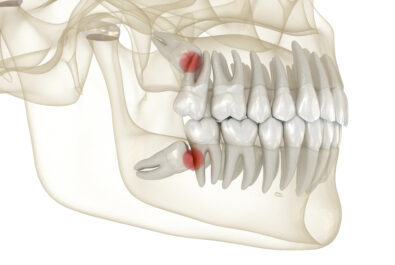A big part of preventive dentistry is how often you visit your dentist. Throughout these visits, your dentist will look for any visible signs of oral cancer, disease, or damage in your mouth. Periodically, they’ll recommend an x-ray scan that will help them to see anything they’re unable to with their naked eye. If your dentist sees anything that looks suspicious, or like it could be oral cancer, chances are they’ll suggest taking an oral biopsy in order to learn more about what’s going on inside your mouth. What can an oral biopsy tell us?
The Different Results
After your dentist takes a small amount of soft tissue, they’ll send it off to be biopsied. This biopsy will tell your dentist what type of problem is going on inside your mouth.
A negative biopsy means that the abnormalities that your dentist spotted are not cancerous. They’ll likely want to closely monitor your soft tissue to ensure that it isn’t growing or changing in any way.
A positive biopsy indicates cancerous cells. Your dentist will probably begin discussing oral cancer treatments with you at this point.
What Are Treatments?
- Radiation
- Chemotherapy
- Oral Surgery
Depending on your situation, your dentist may recommend radiation or chemotherapy to help kill the cancerous cells so they won’t spread elsewhere in your body. Additionally, they may also recommend oral surgery to remove any soft tissue areas that are cancerous (or look cancerous). If removing the tumor or other soft tissue causes problems in your mouth, your dentist may need to perform reconstructive surgery to rebuild your mouth to its normal functionality.














